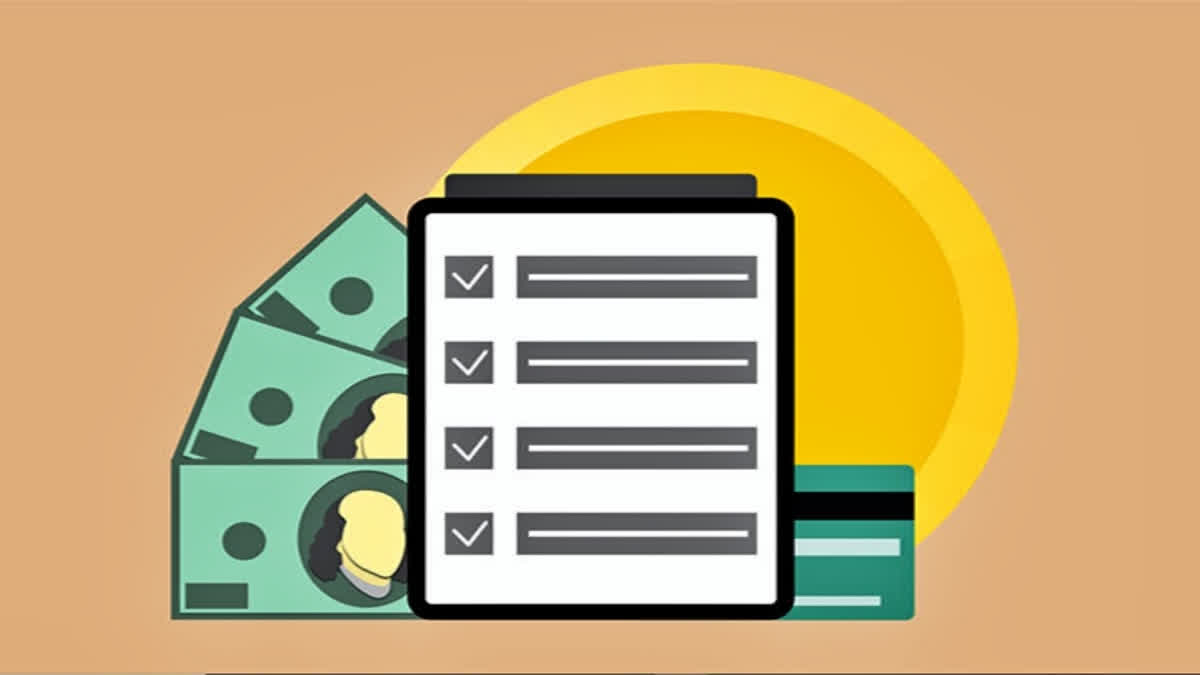New Delhi: With the G20 Summit currently underway in New Delhi, India is poised to showcase its achievements in the digital economy, particularly digital financial transactions, to other countries of the world and help them adopt the system.
While addressing the G20 Digital Economy Ministers’ Meet in Bengaluru last month, Prime Minister Narendra Modi said that India's digital public infrastructure offers scalable, secure and inclusive solutions for global challenges. "India's digital transformation over the last nine years is unprecedented,” Modi said. “It all started with the launch of our Digital India initiative in 2015. It is powered by our unshakeable belief in innovation.”
He said that India has over 850 million internet users, enjoying some of the cheapest data costs in the world.
“We have leveraged technology to transform governance, to make it more efficient, inclusive, faster and transparent,” the Prime Minister said. “Our unique digital identity platform, Aadhaar, covers more than 1.3 billion of our people. We have used the power of the JAM trinity – Jan Dhan bank accounts, Aadhaar, and Mobile - to revolutionise financial inclusion in India. Every month, nearly 10 billion transactions take place on UPI (Unified Payment Interface), our instant payment system.”
An Outcome Document released following the G20 Digital Economy Ministers’ Meet acknowledged that digital divides, including the gender digital divide, are a considerable challenge for all countries, especially in developing and least-developed countries.
“Noting our deliberations to bridge the digital divides undertaken during the previous G20 presidencies, we reaffirm the urgency to accelerate inclusive digital transformation for all, especially for underserved groups and people in vulnerable situations,” the Document stated.
Speaking to ETV Bharat, Amol Kulkarni, Director (Research) in the CUTS International think tank and a specialist on digital economy and cybersecurity, said that India has made a lot of advances in the last five years, particularly in using mobile phones, UIDAI and Jandhan accounts that helped people get access to government financial services like banking.
"This is one clear success story of India," Kulkarni said. “We are building a lot of mechanisms to develop the digital economy. We have UPI which enables the transfer of money at the click of a button. This has brought about a revolution.”
He said that India is not only innovating the democratisation of e-commerce but is also universalising the ability to buy and sell goods and services online. In this connection, he referred to the Open Network for Digital Commerce (ONDC), a private non-profit company established by the Department for Promotion of Industry and Internal Trade (DPIIT) of the Government of India to develop open e-commerce.
